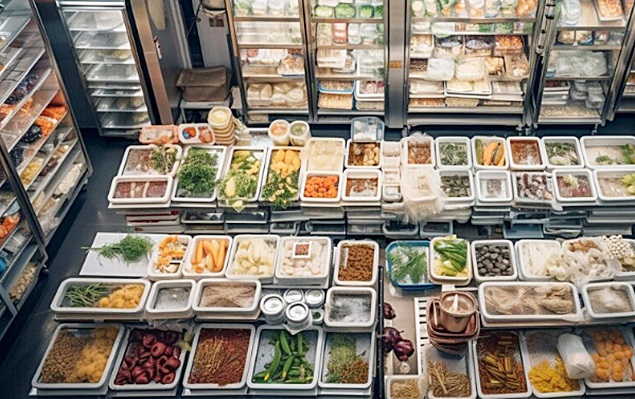
Private Label Products Gain Ground as Consumer Preferences Evolve
Demand for private label products is on the rise, with 50% of global consumers buying more private label goods than ever before, according to a study by NielsenIQ.
In its Mid-Year Consumer Outlook: Guide to 2025, the consumer insights company revealed that Millennial and Gen Z shoppers are experiencing a significant shift in perception regarding private label offerings.
Here are the top five trends shaping the private label sector in 2025:
1. Rising Popularity Among Millennials and Gen Z
According to NIQ’s survey, twice as many Millennials (46%) and Gen Z consumers (46%) said they are willing to spend more on private label products compared to only 23% of Baby Boomers, who said they would not.
With Gen Z’s spending power projected to grow to approximately $12 trillion (€11.6 trillion) by 2030, this group will remain a key target for both retailers and manufacturers moving forward.
2. Delivering Unique Value Propositions
Shoppers are increasingly finding distinct value in the private label products they purchase.
According to NIQ’s Retail Measurement Services for Q2 2024, private label brands posted a 5.6% sales increase over the 12-month period.
The Middle East/Africa (+34.3%) and Latin America (+14.2%) recorded the fastest growth, while global value share also rose during this period.
3. Leveraging AI and Data Analytics
Private labels are tapping into advanced data analytics to better understand consumer preferences and anticipate market trends. This helps optimize product assortments while keeping offerings competitive and relevant.
Moreover, the use of artificial intelligence and machine learning in supply chain management enables brands to deliver high-quality products at accessible prices by streamlining operations, reducing costs, and boosting efficiency.
4. Redefining the Notion of "Discount"
Consumers are now viewing the concept of a “discount” through an entirely new lens, explains Lauren Fernandes, Vice President of Global Thought Leadership at NIQ. She adds that the playing field has, in many respects, been leveled between private and national brands.
“Companies that recognize the democratization of the marketplace are increasingly winning consumer dollars by delivering more,” says Fernandes.
“Today’s consumers are not just intrigued—they now expect a hybrid approach that blends quality, innovation, sustainability, availability, and value.
If you're still wondering whether your customer expects all of the above, the answer is yes,” she adds.
5. Investing in the Omnichannel Experience
A growing number of shoppers use mobile shopping sites to research products while in-store.
Recognizing the potential to optimize product pages, retailers are ramping up their omnichannel presence, investing in private label branding across digital shelves.
To meet diverse consumer preferences and shopping behaviors, private labels are working toward seamless cross-channel integration, ensuring consistency in product availability, pricing, and promotions across online platforms, mobile apps, and physical stores.





